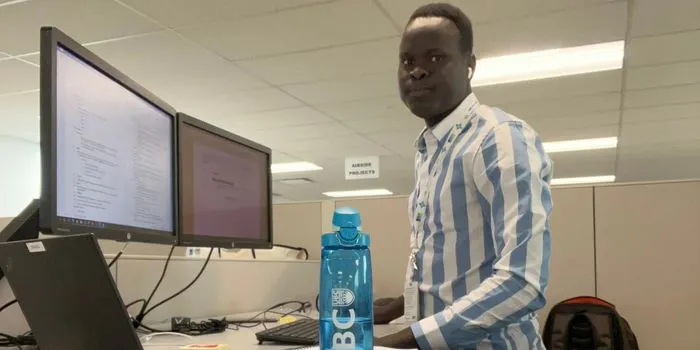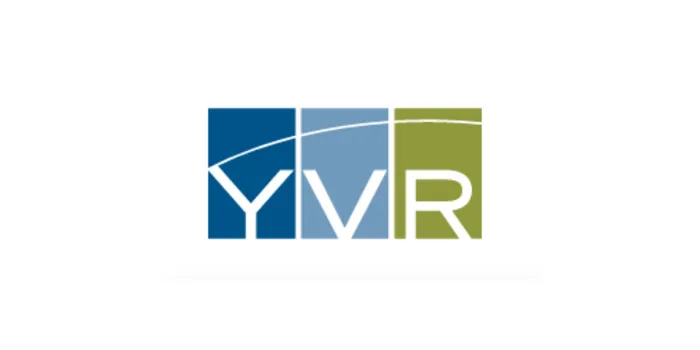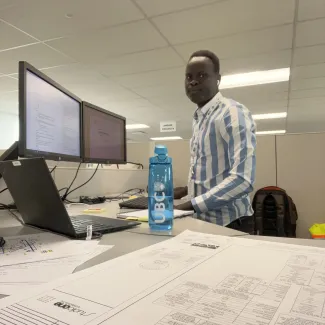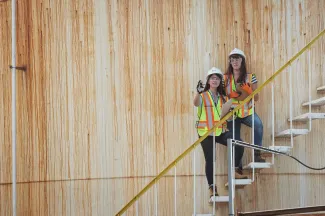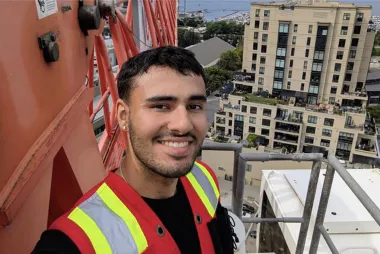International student Samuel Thiak says his UBC courses prepared him well for challenging co-op positions.
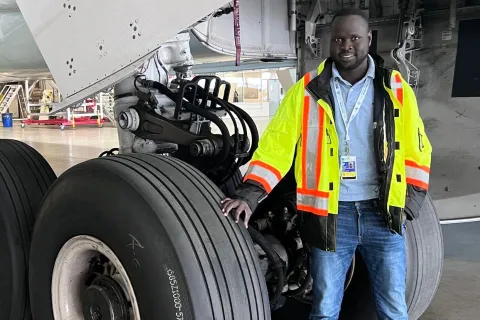
Samuel Thiak
- Degree:
- Bachelor of Applied Science
- Program:
- Campus: Okanagan
- Year: 4th year
How did you choose your specialization in civil engineering?
Initially, I really wanted to do civil engineering, but during my first year I took a course called electricity and magnetism that inspired me to make electrical engineering my first choice. However, toward the end of my first semester in my second year I realized I wanted to go back to my original interest, so I switched into civil engineering. What I like about civil engineering is that when you work on a project, you’re building something, and you can see it comeing to life from the initial design through to construction. I like seeing that tangible result.
What have been some highlights of your engineering education so far?
One of the first projects I worked on in first year was to design an ambulance model using Solidworks and I was responsible for designing the engine and building cabinets for the medical equipment. It felt amazing to put it all together and see everything working. Another project in first year was to use 3D printing to build a plastic wallet. Our group finished among the top 10 in the competition. One of the toughest courses I did was an introduction to basic programing. This was my first time doing programming and I really struggled at first. However, I ended up spending a lot of time on it and was able to pass the course.
Tell us about your co-op experience.
Right now, I am going into my second co-op placement with the Vancouver Airport Authority. I work with the engineering department on multiple projects, one of which is extending and maintaining the runways. The runways were built in the 1970s to meet the weight requirements of planes that were much lighter than today’s planes. When we see any cracks in the pavement, we might decide to remove that particular panel and replace it with a new one, and we need to make sure the new panel that can handle current plane weights. I’ve enjoyed my co-op position as it has given me an opportunity to apply and see the quality of education I’m getting. Everything I’ve learned in classes over the last three years is being used in my work.
Any advice for other students?
What I usually tell first-year students is to give it a try! Good time management skills and finding people to study with will make a difference. It’s also good to make the time to do other things you like, including finding positions you can do on in clubs to gain experience. All these small things will make a difference in your resume when you’re applying for co-op positions or full-time jobs.

